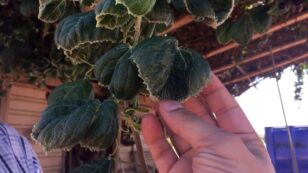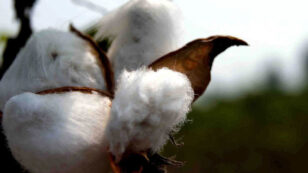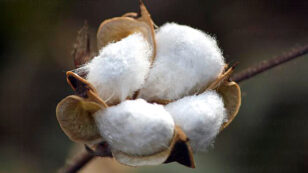
Monsanto Can Claim Patent on GM Cotton in India, Top Court Rules
Update, Jan. 25, this post includes new reporting: Since the Jan. 8 judgement, new reports have called Monsanto’s “patent victory”—and the media’s reporting of it—into doubt. It appears that the Supreme Court reversed the case to a single judge of the Delhi Hight Court for trial, which will determine the validity of Monsanto’s patent for […]

 233k
233k  41k
41k  Subscribe
Subscribe 





